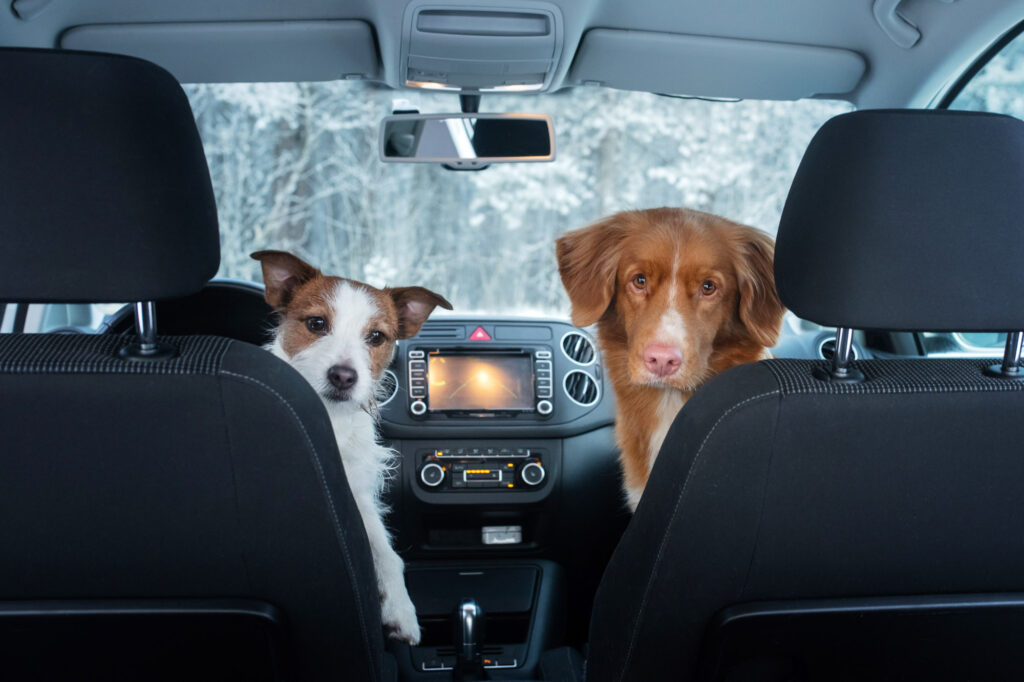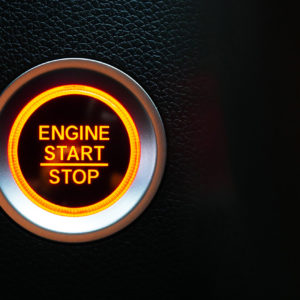Storing some things in your car during the winter is often a smart move. For example, an extra jacket will help you stay warm when the weather takes a turn for the worst, while an ice scraper is handy for removing frost from your windows.
However, there are things that you should never leave in your vehicle for long when the temperature drops because they can’t withstand the cold. Here are some of them.
Loved Ones
Unless you’re leaving them in your car with the heater on and for only a short period, you should never leave your pets and loved ones in your vehicle when it’s cold outside.
Pets
Most vehicles have little to no insulation against extreme weather conditions. Dogs or cats might have fur, but it’s not enough protection when the temperature drastically drops and your car heater isn’t working.

In extreme cases, pets can suffer from hypothermia, which could result in cardiac or respiratory failure, brain damage, coma, or even death.
People
People are also prone to hypothermia, so never let anyone stay in your car in the winter when the heater can’t provide much-needed warmth. Children and the elderly are especially vulnerable.
Food
While food usually lasts longer when somewhere cold like the refrigerator, leaving the following in your vehicle for a long time can cause problems.
Soda
Soda could explode when it’s frozen because the water expands and pushes carbon dioxide outward. So if you don’t want to clean up messy carbonated drinks, don’t leave any in your car.
Canned Goods
According to the Food and Drug Administration, frozen canned foods are unsafe to eat because they tend to swell, indicating that they’re spoiled.
If you accidentally left some in your trunk from a camping trick or a recent grocery run, it might smell bad or have mold when you open it. It’s best to discard frozen canned food to ensure you’re not eating anything unsafe.
Eggs
When eggs freeze, they can develop cracks that germs and bacteria can take advantage of. Think twice about cooking eggs that you’ve accidentally left in your car in the winter.
Electronics
Mobile phones, tablets, laptops, and other electrical devices don’t react well to cold weather, especially if left for prolonged periods.
For example, cold batteries discharge at a rapid rate and lessen their charging potential when charged. They have to work harder during cold temperatures to get the device going.
Additionally, LCD screens have fluids called twisted nematic liquid crystals that can freeze at extreme temperatures, which could cause permanent damage.
Essentials
Keeping spare meds and glasses in your glove compartment might seem like a smart move, but experts don’t recommend it. Here’s why.

Medicine
The cold can affect the effectiveness of certain medicines. For example, insulin is a small globular protein, meaning it becomes stable when frozen. It’s why it must be stored at room temperature.
Keeping extra meds in your vehicle is still a good idea as long as you ensure extreme temperatures don’t affect them. When in doubt, consult your doctor.
Glasses
Extreme temperatures could cause the materials on your glasses to become brittle. This could result in cracks and chips, which are dangerous for your eye.
Others
If you’re storing any of these items in your trunk or someplace else in your ride, make sure to remove them before the season takes off.
Household Cleaning Products
Cold temperatures could ruin household cleaning products, especially water-based ones. The water can freeze, destroying the chemical bond that makes the cleanser effective.
Some products might still work, but they likely won’t work as well as ones stored at room temperature.
Paint
The cold weather can ruin the quality of water-based paint. It could make the chemicals in paint freeze, expand, separate, and clump. The temperature can also damage the paint’s emulsion, leading to an undesirable consistency and a drop in quality.
Aerosol Cans
Aerosol cans are pressured containers, so they can explode in extreme temperatures because of the increased pressure.
If an aerosol can cracks and explodes in your vehicle during winter, it could damage your car’s interior and even break the windows.
Musical Instruments
The cold messes with the sound quality of certain instruments because they shrink when it’s cold. This can cause the strings to unravel or the wood to crack.
The larger or deeper the instrument, the more sluggish its sounds will be. Additionally, cold temperatures can cause some wooden instruments to shrink or crank.
Empty Gas Tank
The cold weather could freeze your car’s fuel line. As such, it’s best to keep the tank more than half full during winter or to use fuel-line antifreeze. A frozen line could lead to ignition issues and stuttering.
Any information provided on this Website is for informational purposes only and is not intended to replace consultation with a professional mechanic. The accuracy and timeliness of the information may change from the time of publication.


















